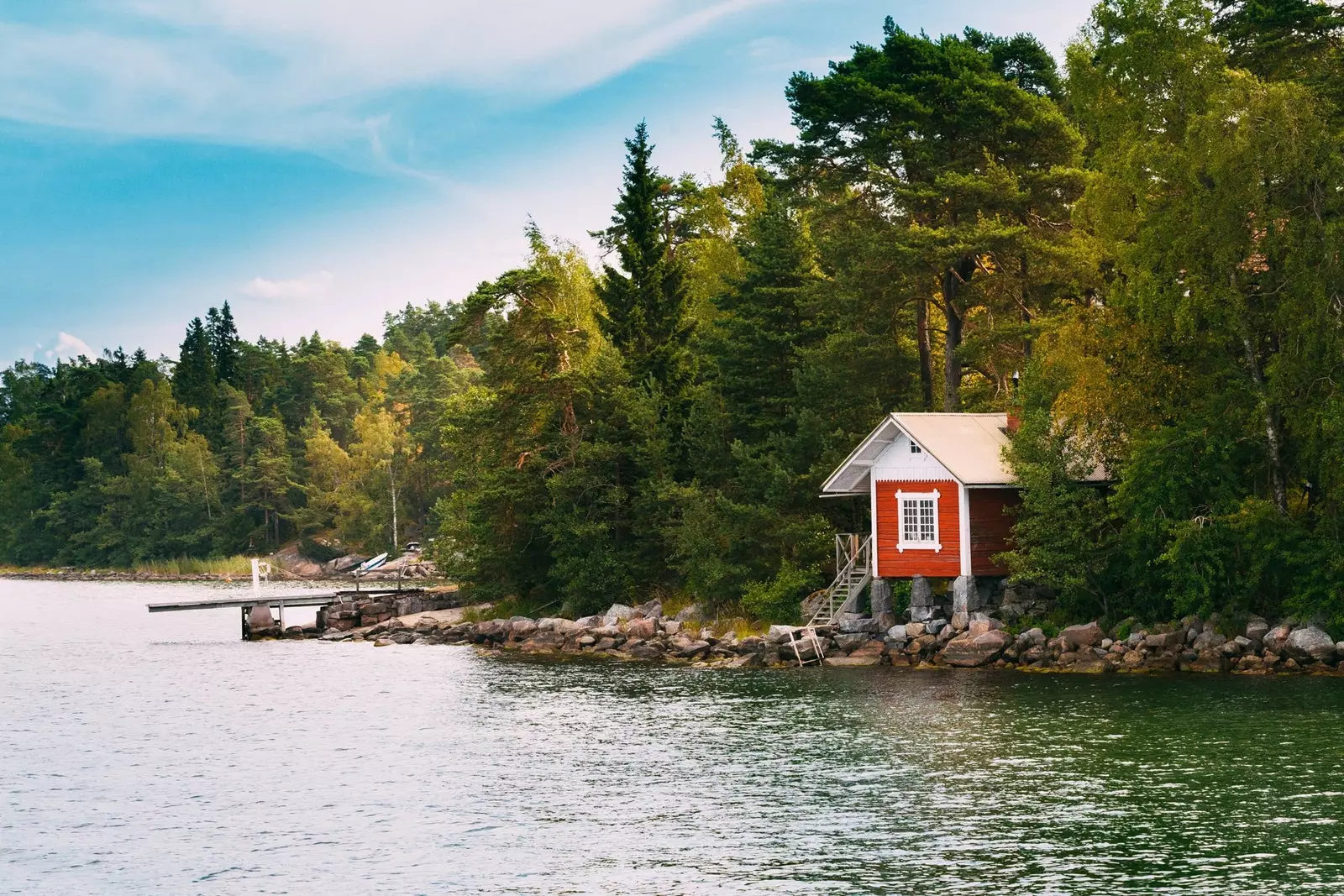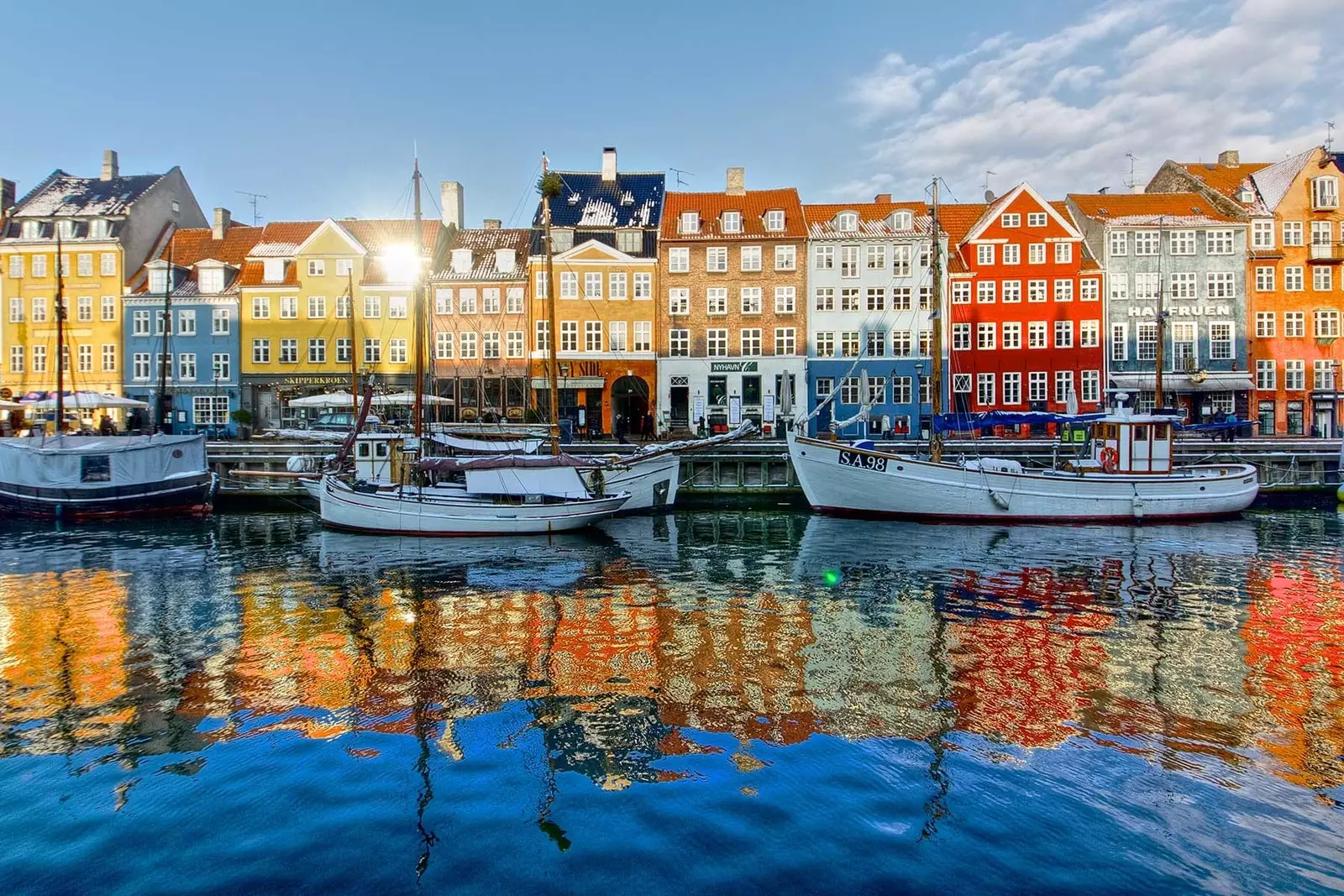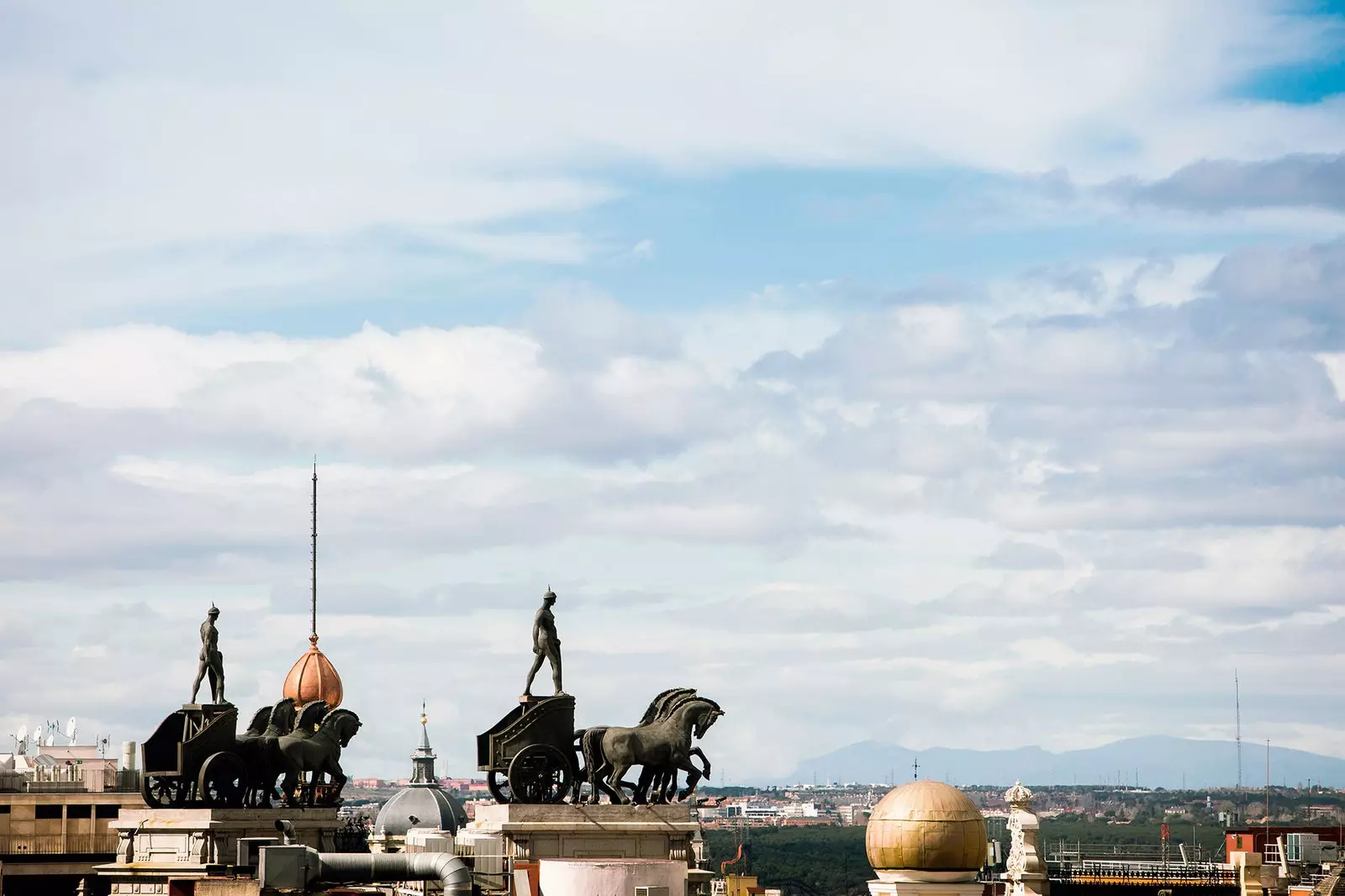
Lake Summanen, Saarijärvi, Finland
The World Happiness Report , or World Happiness Report, of 2021 is marked by covid-19, which a year later continues to wreak havoc around the world.
The edition of the report faced a unique challenge this year in trying to understand what effect the pandemic has had on subjective well-being and vice versa.
The World Happiness Report ranks 156 countries according to their level of happiness and, for the fourth consecutive year, Finland has become the happiest country in the world.
The general classification remained very similar to last year, with a top 10 where the Nordic countries clearly stand out. In second position is Iceland and in third position, Denmark.

Finland is the happiest country in the world for the fourth year in a row
THE SECRET OF FINNISH HAPPINESS
What is the open secret of the Finns to be the happiest in the world? Let's say that it's more of an open secret, because at Traveler.es we've told you about many good things about this country.
In finland they combat stress with forest baths, take care of architecture and design, there is an island just for women and a practical little box for babies and of course there is the real house of Santa Claus.
In addition, we love good Finnish customs, such as the famous saunas, the tradition of drinking alone at home in underwear or that extraordinary courage to live that they call sisu.

Sisu, the secret of Finnish courage.
Since 2012, four different countries have ranked first in the World Happiness Report: Denmark in 2012, 2013 and 2016, Switzerland in 2015, Norway in 2017 and now Finland in 2018, 2019, 2020 and 2021.
In this ninth edition of the report, after the podium of Finland (gold), Iceland (silver) and Denmark (bronze), are Switzerland (4th) and the Netherlands (5th).
Denmark and Switzerland move down one position compared to last year while Iceland, which in 2020 occupies fourth place, rises to second.
Sweden and the Netherlands both move up one place, from 7 to 6 and from 6 to 5 respectively.
Completing the top 10: Sweden (6th), Germany (7th), Norway (8th) and New Zealand (9th) and Austria (10th). Thus, nine of the ten happiest countries in the world are European.

Iceland, the second happiest country
THE TOP 20 OF THE HAPPIEST COUNTRIES IN THE WORLD
Of the 20 happiest countries in the world, more than half are European, specifically 14, and absolutely all the Nordic countries are in the top 10: Denmark, Norway, Sweden, Finland and Iceland.
From position number 11 to 20, the list would look like this: Israel (11th), Australia (12th), Ireland (13th), United States (14th), Canada (15th), Czech Republic (16th), Belgium (17th), United Kingdom (18th), Taiwan (19th) and France (20º).
And what about Spain? Our country is located in port number 24 , which means that it rises four positions compared to last year.
If we go to the bottom of the list, the five least happy countries in the world are Zimbabwe, Tanzania, Jordan, India and Cambodia.

Copenhagen, Denmark
WORLD HAPPINESS, MARKED BY THE PANDEMIC
“We urgently need to learn from covid-19. The pandemic reminds us of our global environmental threats, the urgent need to cooperate, and the difficulties in achieving cooperation in each country and globally." said Professor Jeffrey Sachs, President of the SDSN and the Center for Sustainable Development at the Earth Institute
“The World Happiness Report 2021 reminds us to aim for well-being rather than mere wealth, which will indeed be fleeting if we don't do a better job of addressing the challenges of sustainable development,” Sachs added.
Covid death rates were much higher in the Americas and Europe than in East Asia, Australasia, and Africa. The report seeks to answer a key question: Why are the different death rates from coronavirus around the world?
Factors that helped explain the variation between countries included: the age of the population, whether the country was an island, and proximity to other highly infected countries.
Cultural differences also played a key role, including: trust in public institutions, knowledge of previous epidemics, income inequality, whether the head of government was a woman, and even whether lost purses were likely to be returned.
"Surprisingly, there was, on average, no decline in well-being when measured by people's own assessment of life." said Professor John F. Helliwell of the University of British Columbia.
And he continued: “One possible explanation is that people see covid-19 as a common external threat that affects everyone and that this has generated a greater sense of solidarity and camaraderie”.

New Zealand, the only non-European country that enters the top 10
THERE IS HOPE
More than two million people have died worldwide and the threat of unequal political variations and decisions on how to respond has created uncertainty about what the future holds.
But despite this, there is hope that the end game is in sight, as vaccine rollouts steadily increase while many continue to adhere to mask and physical distancing mandates.
"This has been a very challenging year, but early data also shows some noticeable signs of resistance in feelings of social connectedness and life evaluations" said Professor Lara Aknin of Simon Fraser University.
The report also pays special attention to the case of Asia: "The East Asian experience shows that strict government policies not only control Covid-19 effectively, but also cushion the negative impact of daily infections on people's happiness" said Professor Shun Wang of the Korea Development Institute.

swiss happiness
MENTAL HEALTH
Mental health has been one of the casualties of both the pandemic and the resulting lockdowns. With the pandemic, there was a large and immediate deterioration in mental health in many countries around the world. Estimates vary depending on the measure used and the country in question, but the qualitative findings are remarkably similar.
In the UK in May 2020, an overall measure of mental health was 7.7% lower than anticipated in the absence of the pandemic, and the number of reported mental health problems was 47% higher.
“Living long is as important as living well. In terms of years of well-being per person born, the world has made great progress in recent decades that not even covid has fully offset” said Professor Richard Layard, co-director of the Wellbeing Program at LSE's Center for Economic Performance.

Spain ranks 24th in the world happiness ranking
THE (TELE)WORK
Also, as expected with lockdowns and physical distancing, the pandemic had a significant effect on the well-being of the workforce. The drop in unemployment during the pandemic is associated with a 12% drop in life satisfaction.
“Surprisingly, we found that Among people who stopped working due to furlough or layoff, the impact on life satisfaction was 40% more severe for people who felt lonely at the beginning. said Jan-Emmanuel De Neve, Director of the Wellbeing Research Center at the University of Oxford.
“Our report also points to a 'hybrid' future of work, striking a balance between office life and working from home. to maintain social connections and ensure flexibility for workers, both of which happen to be key drivers of wellness in the workplace,” he concluded.

Telecommuting is here to stay
